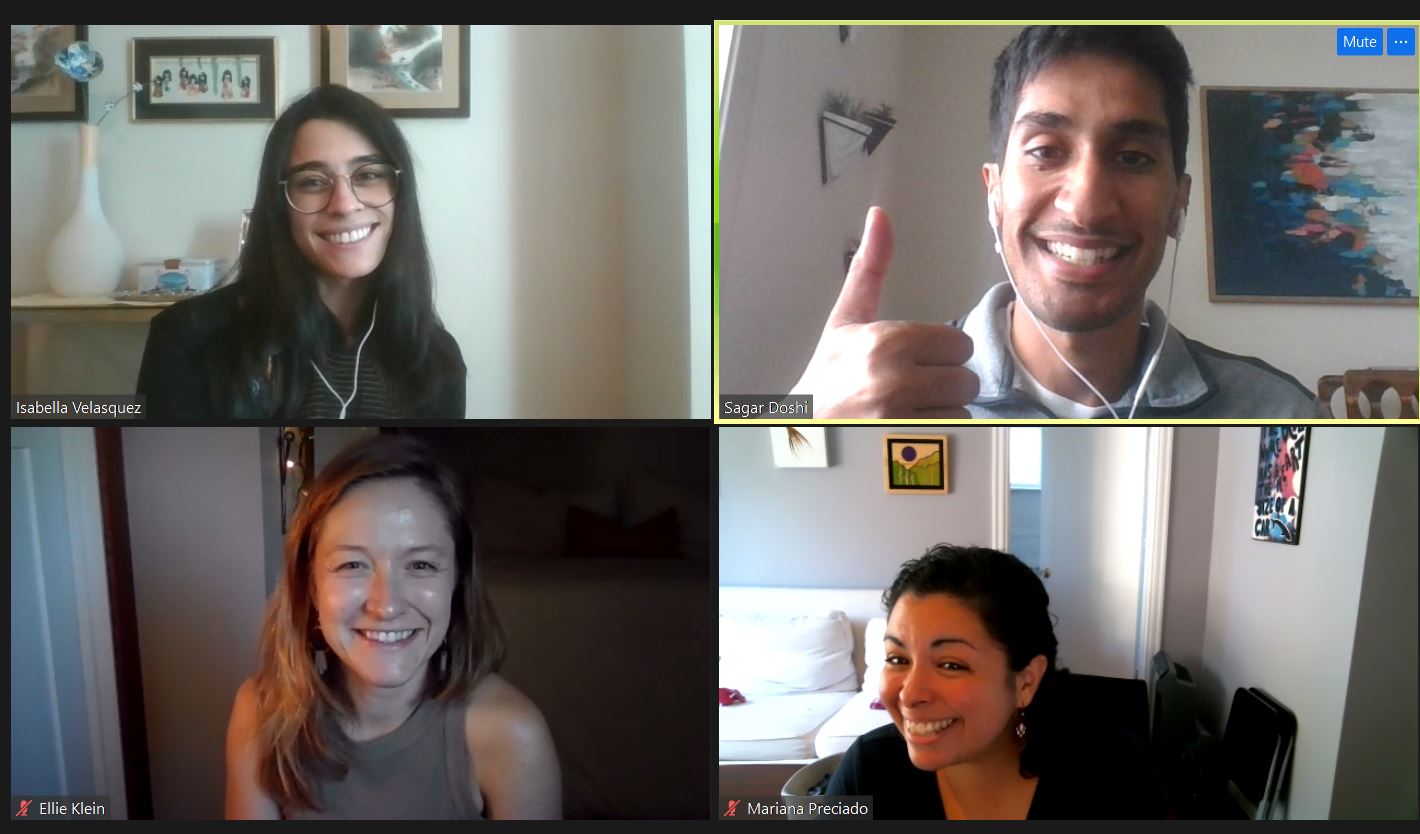Millennials: The Missing Link In Creating More Sustainable Supply Chains
By Anne Boyle & Cristina Stanley, MBAs ‘15
Let’s face it, sustainability isn’t sexy, and it’s even more of a turn-off when you are told NOT to buy your favorite car or dish of food because of the environmental implications. Constant pressure to make socially responsible decisions has consumers suffering from eco-fatigue. But according to a recent study from the World Economic Forum, a growing middle-class of millennials feels like “saving the world” is on their shoulders.
Millennials are motivated… and influential. In the US, they are projected to spend more than 2.5 trillion annually, by 2015. Even more impressive is the growing middle class of Asia-Pacific millennials that will represent two-thirds of the global middle class by 2030 and spend US$ 32.6 trillion.
Businesses are striving to find ways to make their supply chains lean and resilient in the face of ever-more-revealing reports on climate change. A sea of untapped opportunity awaits businesses that align themselves with eco-conscious behavior. However, many enterprises have struggled to effectively engage consumers while making themselves “greener”.
Millennials are seeking to engage with (and make purchases from) companies that actively participate in environmentally friendly behaviors and are willing to shift loyalty to brands they can trust. Businesses that can capture the loyalty of this market are not only harnessing a future customer base, but also gaining partners in innovation. gDiapers effectively engaged consumers around environmental and social wellbeing and grew an online community of 27,000 members. Other companies make their commitment at the point of purchase, such as Puma. Puma’s “Clever Little Bag” concept engages it’s customers in a dialogue about a very good thing: reducing raw materials (hence waste) and providing a reusable product.
Leaders in sustainable supply chain efforts such as Unliver and Nestle do a great job advertising their responsibility efforts and share not only easily-digestible takeaways, but also detailed metrics for the most interested consumers; however, millennials want a way to connect with businesses on a more personal level. More enterprises should allow open digital collaboration, as many millennials report that they want to not only build closer relationships with the brands they favor but also to help these brands create better products.
Supply is perpetuated by demand. As obvious as this statement sounds, businesses can use the influence and motivation of the millennials to improve their supply chain efforts through customer engagement. By making sustainability a fun and collaborative process, enterprises can not only gain a loyal customer base, but can also build a more sustainable future.
I know that when I feel connected on a deeper level to my favorite businesses; it strengthens my loyalty and I want to share their good efforts with my network of friends.


